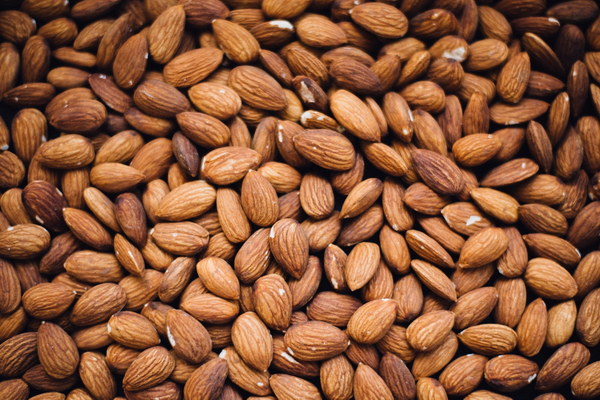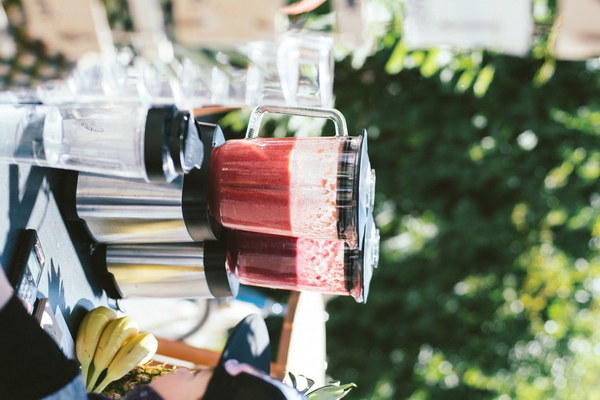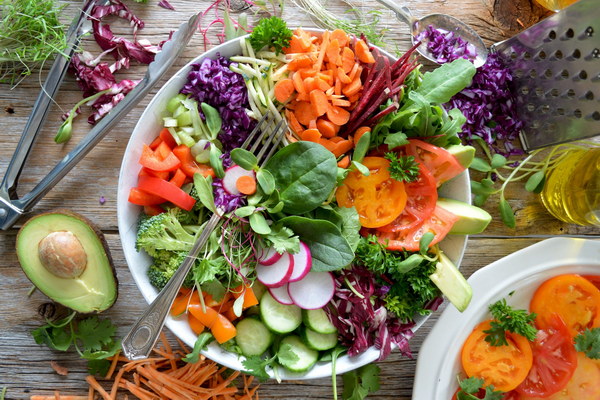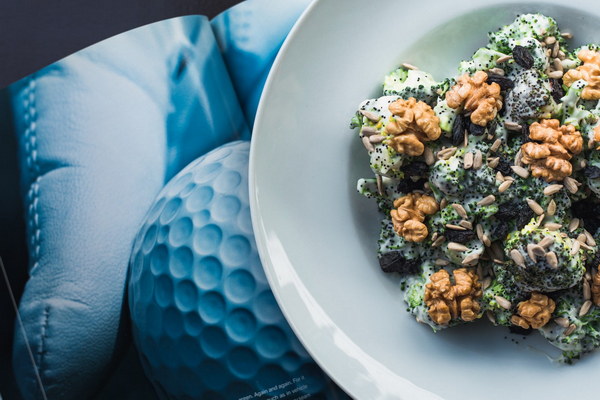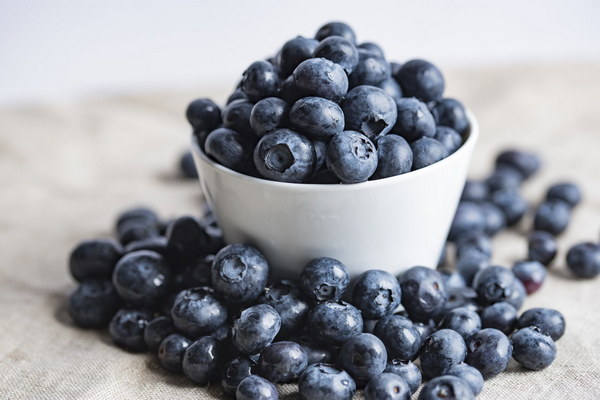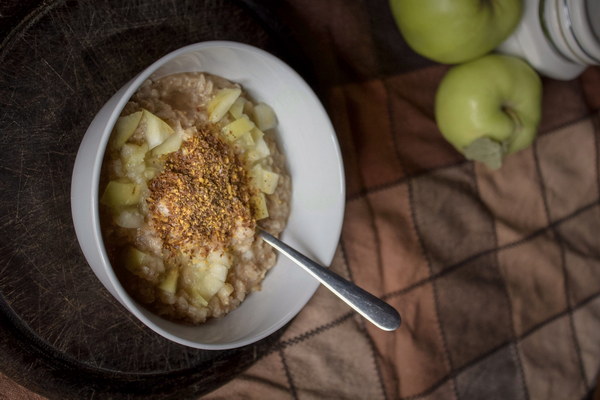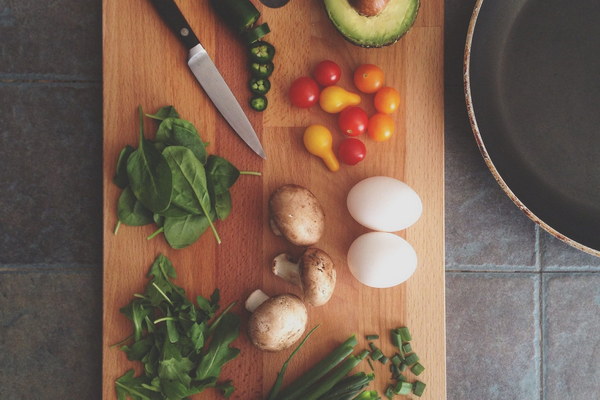Nourishing Your Liver A Comprehensive Guide to Edible Remedies for Ascites
Ascites, a condition characterized by the accumulation of fluid in the abdominal cavity, is often a complication of liver disease. It can be an uncomfortable and sometimes painful condition, leading many to seek relief through dietary adjustments. This article delves into the world of edible remedies for ascites, offering a comprehensive guide to nourishing your liver and managing this condition through nutrition.
Understanding Ascites and Liver Health
Ascites is the result of increased pressure in the veins that carry blood from the intestines to the liver, a condition known as portal hypertension. This increased pressure can lead to the leakage of fluid into the abdominal cavity. Liver disease, such as cirrhosis or hepatitis, is often the underlying cause of portal hypertension.
The Role of Diet in Ascites Management
Diet plays a crucial role in managing ascites. By following a well-balanced diet, patients can help reduce fluid retention, improve overall liver function, and maintain a healthy weight. The following edible remedies are known to be beneficial for those with ascites:
1. Low-Salt Diet: Excess salt can lead to increased fluid retention. A low-sodium diet is essential for managing ascites. Foods to avoid include processed snacks, canned goods, and preserved meats. Instead, opt for fresh fruits and vegetables, lean proteins, and whole grains.
2. Pottenger's Protocol: This diet focuses on high-quality fats and proteins, with a limited amount of carbohydrates. Foods such as fatty fish, avocados, nuts, and eggs are recommended, as they provide essential fatty acids and nutrients that support liver health.
3. Probiotics: A healthy gut microbiome is essential for liver function. Probiotics can help maintain a balanced gut environment and support overall health. Foods rich in probiotics include yogurt, kefir, sauerkraut, and kimchi.
4. Antioxidant-Rich Foods: Antioxidants can help protect the liver from oxidative stress. Foods high in antioxidants include berries, dark chocolate, green leafy vegetables, and nuts.
5. Liver-Healthy Fats: Omega-3 fatty acids, found in fatty fish, flaxseeds, and chia seeds, can help reduce inflammation and support liver function.
Sample Meal Plan for Ascites Management
To help manage ascites, consider the following sample meal plan:
- Breakfast: A smoothie made with spinach, banana, avocado, flaxseeds, and protein powder, topped with a sprinkle of chia seeds.
- Lunch: Grilled chicken salad with mixed greens, cherry tomatoes, cucumber, and a vinaigrette dressing.
- Snack: Greek yogurt with a drizzle of honey and a handful of almonds.
- Dinner: Baked salmon with a side of steamed broccoli and quinoa.
- Evening Snack: A small bowl of carrot and cucumber sticks with hummus.

Additional Tips for Ascites Management
- Stay hydrated, but avoid drinking too much water at once, as this can exacerbate fluid retention.
- Limit alcohol consumption, as it can worsen liver disease and contribute to ascites.
- Consult with a healthcare provider or registered dietitian to create a personalized diet plan for your specific needs.
Conclusion
Managing ascites through diet can be a challenging but rewarding endeavor. By focusing on a low-sodium, liver-healthy diet rich in nutrients and antioxidants, patients can help reduce fluid retention, support liver function, and improve overall well-being. Always consult with a healthcare provider for personalized advice and support in managing ascites.
